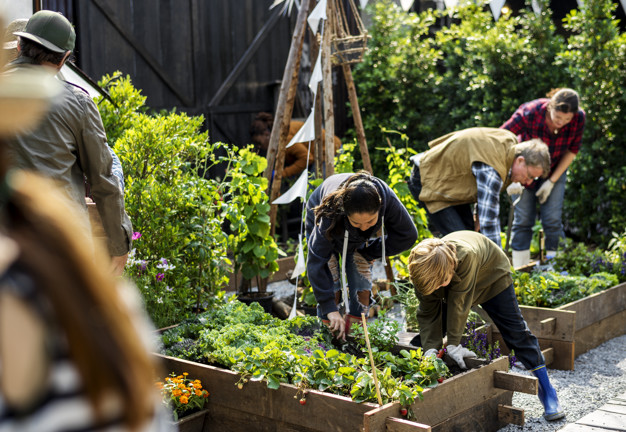As easy as it may sound, ascertaining your home’s value is a complex process determined by several factors. For starters, you may estimate the value of your home by only knowing how much it cost you to acquire it, and how old it is. Before we dive deep into understanding your home value, let’s get to know why it is vital to know your home’s value.
Comprehending the Value of Your Home
Several factors can make you curious when it comes to knowing the value of your property. Maybe you want to relocate and need to know how much you would have from your old home to start your new one. Perhaps you are ready to get a new homeowner’s policy, or maybe you are looking to refinance your mortgage.
What is Your Home Worth?
Many say your property is about as much as someone is willing to pay for it. In this case, all you would have to do is find someone willing to spend as much as you think is worth it. Generally, there is a lot to put into consideration when it comes to house value. The more you know about the factors to put into consideration, the easier it becomes for you to establish an estimated cost.
Critical Factors to Consider
• Recent sales of comparable properties in the area.
• Location and neighborhood of the house.
• Recent renovations and repairs.
• The square footage covered and the age of the home.
Here are three main steps that can help learn your home value:
1. Understand What “Home Market Value” Means
Personal sentiments do not determine your
. How great you think your home is, or highly-priced because of its memories is not substantial. Home market value is the amount one is willing to pay for your home. Consider that a buyer will not visualize your home the same way you would. For example, an old couple is looking to buy your house, but you have swings in the yard. While this may be of aesthetic and practical use for you, the potential buyer may view it as an added expense as they would prefer removal, especially if grandkids are not in the picture.
A potential buyer will be keen on the following, which determines your house value as well.
• Location: They will want to know how far your home is from essential services like schools, churches, highways, and shopping centers.
- Rooms: The room to bathroom ratio should meet architectural guidelines.
- Safety: If they would like to be future parents or already have kids, security is especially important. Nobody wants to live in a neighborhood where you have to keep looking over your shoulder. When choosing to resell, security is a vast price determinant.
- Square Footage: Property size is a crucial factor. Is the compound spacious enough for adjustments here and there to accommodate individual tastes?
- Curb Appeal: First appearances are everything. You wouldn’t want to push away potential buyers because of an unkempt curb.
- The School District: Young couples or parents would be very keen on this. How many schools are in the area, and are they of acceptable academic standards?
- Sales of Comparable Homes in the Area: How much are people willing to pay? Keep track of the number of foreclosures in the area, if there are any.
2. Using Online Tools
Searching for your home address online will help you learn many facts about your home according to public records. Information like age, the type of house it is, the square footage, the number of rooms it has, how much was paid for the home by previous owners, etc. The estimated value for your property is indicated in the public records. Unfortunately, you cannot entirely rely on the information you get online. The report found is only as helpful as the amount of data collected about your house and its neighborhood.
3. Engage the Services of a Real Estate Agent
A real estate agent is very reliable in comparison to online information. Unlike online communication that is limited and may be inaccurate, a real estate agent has real-time data and access to several home listing service databases. The pros and cons will be better determined as they have experience and expertise in the matter. An excellent real estate agent will view your house from different angles and develop an attractive yet reasonable price. Pricing is everything. If the price is too high, it will overstay in the market as nobody is interested. If the price is too low, you will go at a loss, but the right price leads to a thick wallet, a big smile, and a satisfied buyer.
In summary, you ought to engage the services of those with the required evaluation expertise and know-how. The ideal experts should offer you a free house valuation to better determine your property’s worth. If required, they will also help identify a buyer.
Read Also:






















